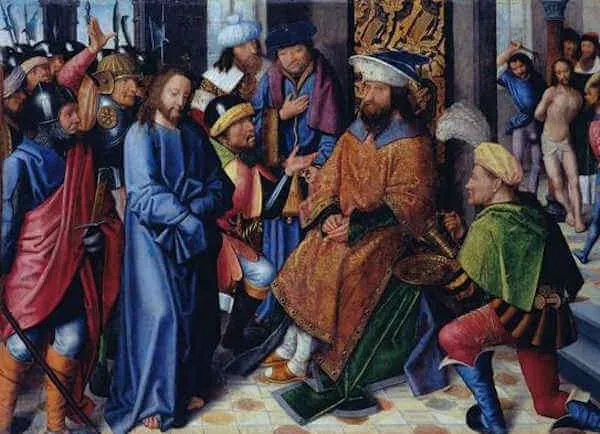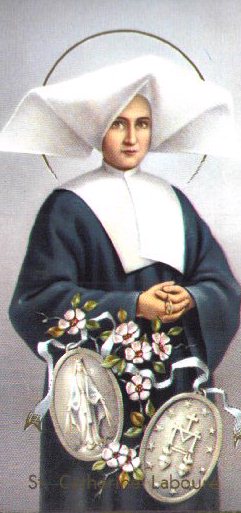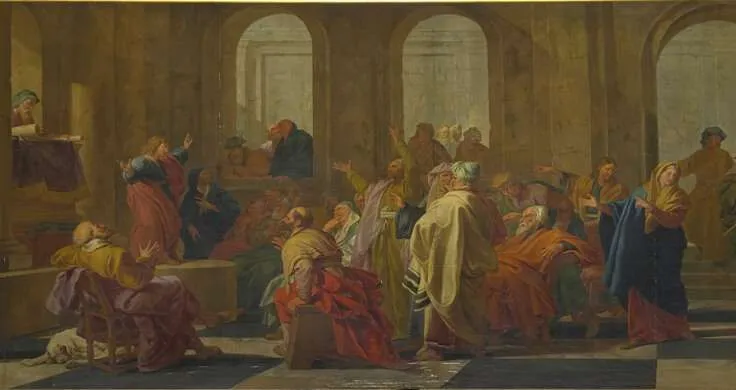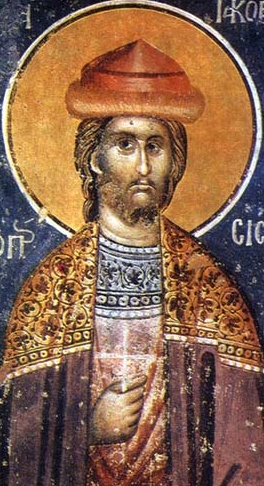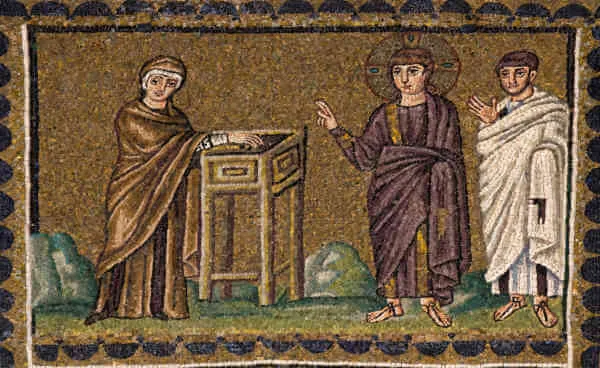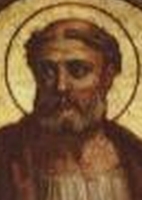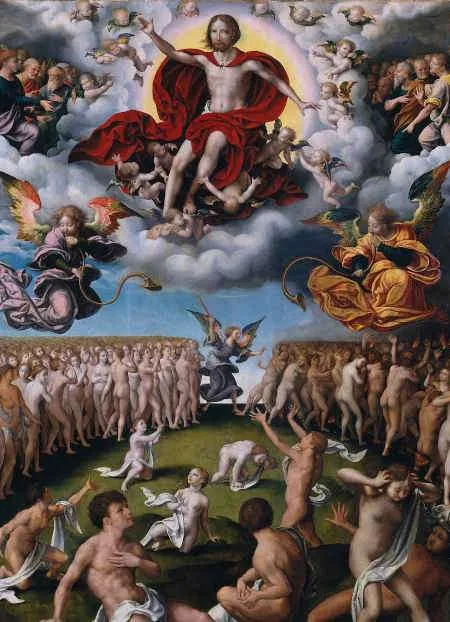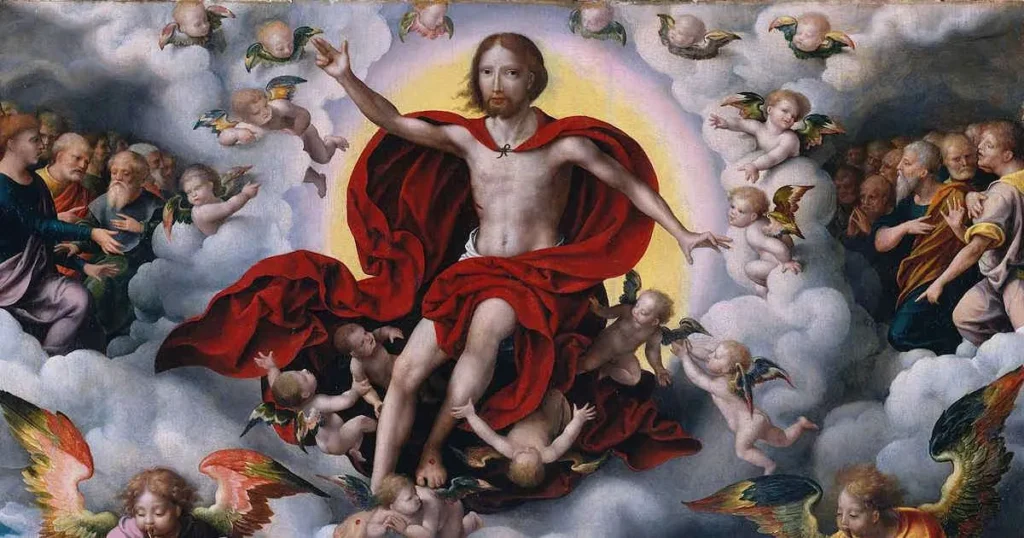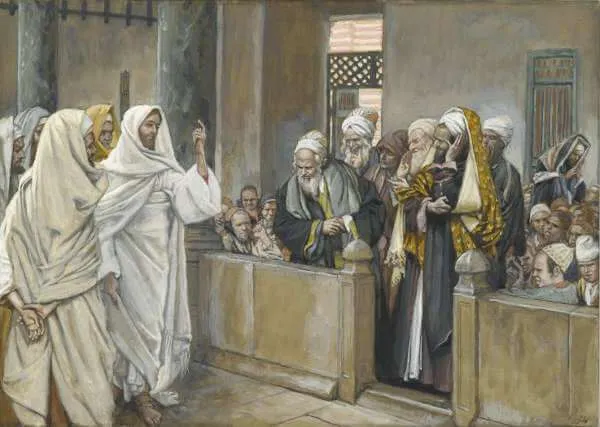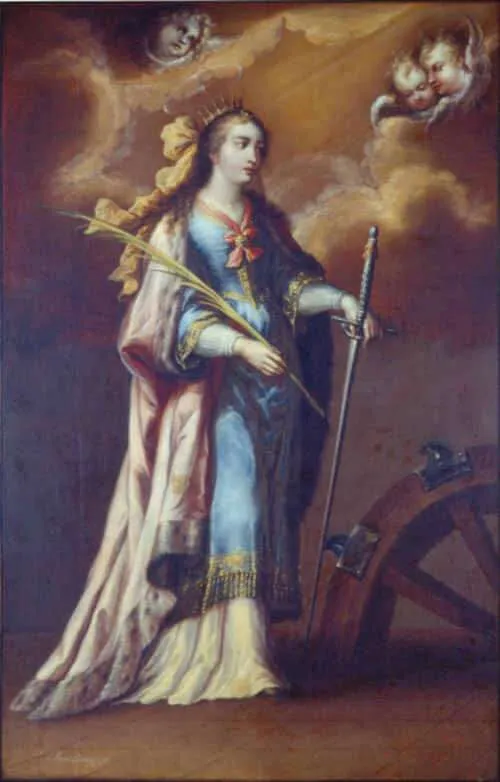Luke 21:14-15
Responding with Grace
“Remember, you are not to prepare your defense beforehand, for I myself shall give you a wisdom in speaking that all your adversaries will be powerless to resist or refute.”
Reflection:
This line is embedded in today’s Gospel in which Jesus makes it clear that His followers will be persecuted. Many of them will be seized, sent to prison, hated and even be put to death. For some, this will even happen at the hands of their own family. But Jesus tells them this to prepare them and to let them know that these persecutions will enable them to give testimony to Jesus. The Gospel passage above explains how they are to do this.
First of all, giving “testimony” especially means they are to be a witness to Christ. And one of the best ways such a witness is fulfilled is through the various forms of martyrdom. To be a martyr is to be a witness. And those who suffer persecution for the sake of Christ, and then respond to that persecution in accord with the wisdom and inspiration of Jesus, are true martyrs.
It’s helpful to note that if one is persecuted and responds with anger or returns the violence in accord with their own irrational will, then they are no martyr. They simply become what they have received. They become angry and bitter people. Being a martyr requires both unjust treatment and a response to that mistreatment in accord with God’s will. For that reason, though persecution is never initiated by God, it does offer the Christian an opportunity to deeply conform themself to Christ by responding as He dictates.
Jesus says that responding to persecution requires that we not prepare a defense beforehand. In part, this is because there is great temptation one experiences when persecuted by another. It is very understandable that when a person experiences persecution in any way, they will encounter anger and be tempted to fight back in a way that is uncharitable and only furthers the disorder.
Responding to persecution in accord with the will of God requires great attentiveness to the promptings of the Holy Spirit, great humility, and unwavering charity directed at the one doing the persecution. Therefore, Jesus makes the promise that He will be with you in such situations and will give you “a wisdom in speaking that all your adversaries will be powerless to resist or refute.” What a grace! But this grace is only available to those who rely completely upon Christ, and not upon their own disordered passions and emotions.
Reflect, today, upon this promise from Jesus. Some will encounter little persecution in their lives at various times. But others will encounter severe persecution in various ways, even from their family. Reflect upon any ways that you have experienced the unjust treatment of another and then reflect upon your response.
Were you able to immediately forgive? Were you able to set aside your anger, wounded pride and desire for revenge? Were you able to keep your eyes on Christ and rejoice that you have been found worthy to share in the ridicule, persecutions and sufferings that Jesus endured? Pray that you will always be open to the grace of this promise of Jesus so that you will always respond to everyone in accord with the wisdom of God.
Source: https://catholic-daily-reflections.com/2023/11/28/responding-with-grace-2/


